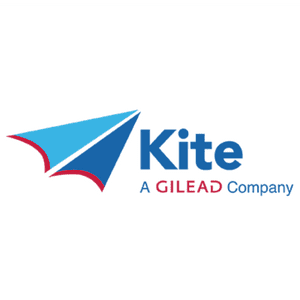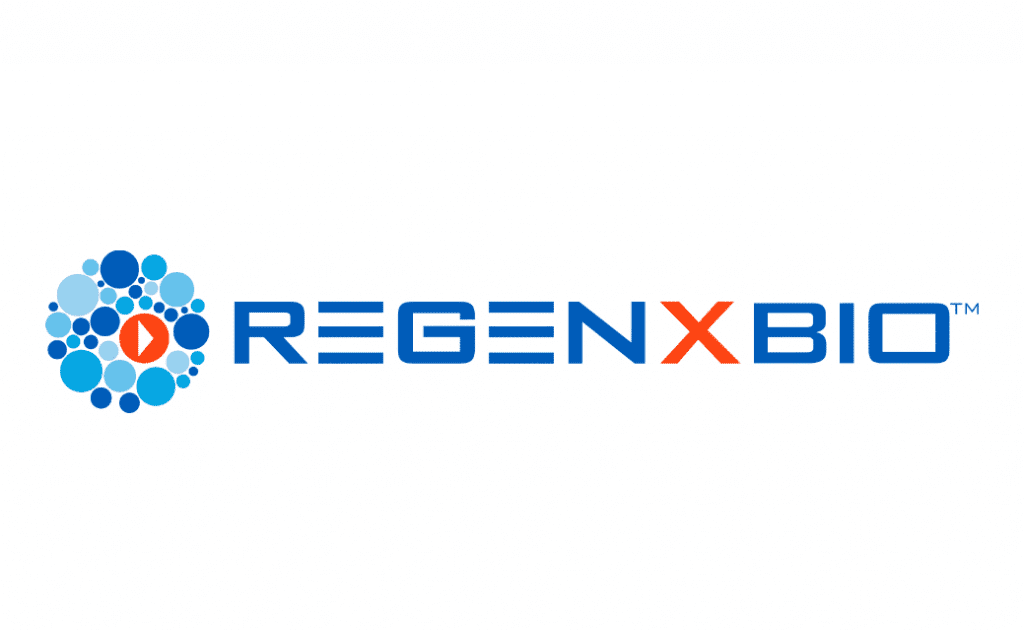
Five Maryland Companies That Are Powering The Cell and Gene Therapy Revolution
Several Maryland companies are making a global impact in the field of cell and gene therapy
Updated July 21, 2022
The promise of cell and gene therapies to cure unmet medical needs is finally starting to come through as life-saving new medicines are now hitting the market every year. The global market for gene therapies was estimated at $7.8 billion in 2020, and the revenue forecast is expected to reach $23.0 billion in 2028.
The 2017 FDA landmark approval of Novartis’ KYMRIAH to treat a rare form of childhood blindness marked the beginning of a revolution in the cell and gene therapy field. Since then we have seen that the advances in the field are finally producing results and several more products have received FDA approval. Other notable approvals include Spark Therapeutics’ LUXTURNA, Kite Pharma’s YESCARTA, and of ZOLGENSMA developed by AveXis (a Novartis company).
The above biotech and life science technology companies, among many others, are continuing to develop the tools, technologies, and infrastructure to propelling the industry forward.
Here are just a few of the many Maryland companies that stand out for their unique technologies and solutions that are responsible for driving progress in the cell and gene therapy field and helping their partners bring their products through the clinic and to the patients that need them.
Arcellx
With its focus on developing CAR T therapies, immuno-oncology company Arcellx, Inc. snagged $128.8 million in an upsized public offering in June 2022. Funds are being used to support development of the company’s lead CAR T candidate, CART-ddBCMA, which is being developed for the treatment of relapsed or refractory multiple myeloma (r/r MM) in an ongoing Phase 1 study. CART-ddBCMA has snagged Fast Track, Orphan Drug, and Regenerative Medicine Advanced Therapy designations from the FDA.

In June, the company reported data from the ongoing Phase 1 study that showed that treatment with CART-ddBCMA demonstrated deep and durable responses in patients with poor prognostic factors. Both dosing levels of the study generated a 100% overall response rate in the patients. The therapeutic was well-tolerated. The company anticipates initiation of a Phase 2 study later this year.
Additionally, the company’s pipeline includes ACLX-001, which is being evaluated in a Phase 1 r/r MM study, and ACLX-002, which is expected to enter clinical study in the second half of 2022 in relapsed or refractory acute myeloid leukemia and high-risk myelodysplastic syndrome.
American Gene Technologies

As the company anxiously awaits a data readout from its HIV gene therapy AGT103-T, the Rockville-based American Gene Technologies strengthened its leadership team with the appointment of Jeff Boyle as Chief Scientific Officer. Most recently, Boyle served as president of Ellume USA, a company known for its COVID-19 home tests. Boyle was brought on board to support the development of the company’s drug development platform as well as specific disease applications on that technology.
AGT’s Gag protein-specific AGT103-T is a genetically modified cell product made from an individual’s own cells that could prove to be a functional cure for HIV. The company is anticipating a data readout from its Phase 1 study that could show efficacy of the therapy after the patients who received the AGT treatment halt their regimen of anti-retroviral medicines. If the viral load remains low following the halting of treatment, that should demonstrate potential efficacy of AGT103-T.
In addition to HIV, AGT is also developing gene therapies for phenylketonuria and solid tumor forms of epithelial cancer. The company is manufacturing its gene therapy products for HIV and oncology at its recently-expanded 27,000 square-foot facility in the Maryland life sciences corridor near the National Cancer Institute and Johns Hopkins Shady Grove Campus.
Charles River Labs

Charles River Labs has become a key player in the cell and gene therapy fields. The company, which is well-known for its industry-leading research models, dove into cell and gene therapy manufacturing with its $875 million acquisition of Cognate BioServices. At the time the deal was struck, Charles River said the acquisition of Tennessee-based Cognate would provide it with a comprehensive solution from discovery and non-clinical development through CGMP manufacturing in advanced drug modalities. With the deal, Charles River gained an extensively experienced team in the production of various cell types and technologies used in cellular immunotherapy and immuno-oncology, regenerative medicine, and advanced cell therapy.
The company also snapped up Vigene Biosciences to bolster its gene therapy manufacturing capabilities. The deal provided the company with additional viral vector-based gene delivery solutions. Additionally, the Vigene acquisition gave Charles River access to quality, research grade, and CGMP plasmid DNA.
Matthew Hewitt, Executive Director of Scientific Solutions Cell & Gene Therapy, at Charles River Labs, told BioBuzz that the acquisitions were complementary to Charles River’s long-term strategy. Those two deals established Charles River Laboratories as an end-to-end, gene-modified cell therapy solution in the United States.
“We have a comprehensive cell and gene therapy portfolio, providing support to programs from concept-to-commercialization. These end-to-end capabilities represent a differentiated offering in the field,” Hewitt said.
Kite Pharma
A Gilead Sciences company, Kite Pharma has been on the cutting edge of cell therapy for years. In 2017, the U.S. Food and Drug Administration approved YESCARTA, the second CAR T treatment in the United States. Kite first moved to Maryland in 2018 and has since become a cornerstone company. Earlier this year, Kite’s new CAR T cell therapy manufacturing facility in Frederick received the green light from the U.S. Food and Drug Administration to begin commercial operations. The company expects the new site will allow its manufacturing capabilities to increase by 50%. The Frederick facility will support its two other CAR T manufacturing facilities in California and the Netherlands.

The site has unfinished space to add future capacity, which will allow Kite to accommodate potential new scientific and technological advances in the field of cell therapy. In addition to Yescarta, the facility is expected to develop investigational T cell receptor (TCR) cell therapies being evaluated in solid tumors.
“The FDA approval of our Maryland site marks an important milestone within our global CAR Tcell therapy manufacturing network, and will enable us to significantly expand our production capacity and further strengthen our ability to meet the needs of people living with difficult-to-treat blood cancers,” Christi Shaw, Chief Executive Officer of Kite said in a statement. “Manufacturing is central to every decision we make at Kite. Our teams hold patients’ cells in their hands every day, which could mean the difference between getting a chance to live or possibly losing their battle with cancer. It must be fast and extremely high quality to give patients the best outcome.”
In addition to being a leader in cell therapy, Kite is also leading the charge in improving workplace culture for underrepresented groups. The company maintains programs that are focused on advancing minority leadership and talent, as well as establishing pay equity among its team. At its Frederick facility, Kite has bolstered its roster by recruiting more talent from Spanish-speaking communities in Maryland.
REGENXBIO
Like Kite Pharma, rare disease-focused REGENXBIO knew Maryland was the right place to open a manufacturing facility. The company opened a 132,000 square-foot-facility designed to boost manufacturing of its NAV Technology-based adeno-associated virus (AAV) vectors.

REGENXBIO is developing gene therapies for a number of rare diseases, including Duchenne Muscular Dystrophy and wet age-related macular degeneration. Both studies are in mid- and late-stage development. Although REGENXBIO has not yet won approval for one of its gene therapies, the company’s NAV Technology Platform, a proprietary adeno-associated virus gene delivery system, has been licensed by multiple companies, including Swiss pharma giant Novartis, which used the platform to develop its gene therapy ZOLGENSMA, which is used to treat spinal muscular atrophy.
Additionally, REGENXBIO partnered with Solid Biosciences to launch the Pathway Development Consortium, a multi-stakeholder initiative that aims to identify, develop, expand and maintain pathways to effective therapies for patients diagnosed early in life with rare diseases.
This article was corrected on 7/21/22 to remove Autolus, as they no longer have a presence in Maryland




